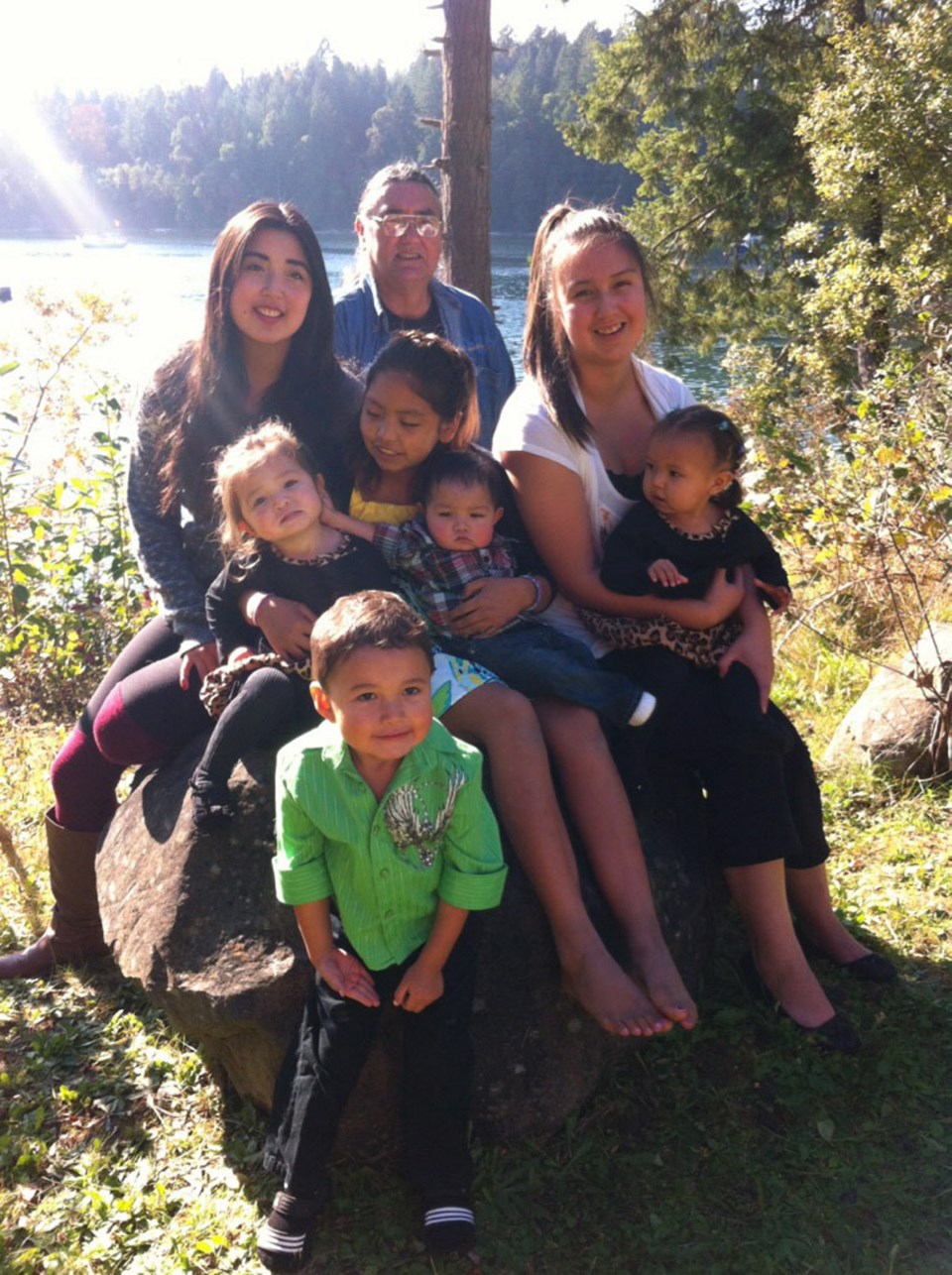A U.S.-born father and grandfather taken from his Penelakut Island home by Canada’s Border Services Agency was released by immigration officials Friday on a $500 bond.
Richard Jerman, 60, who has four children and 14 grandchildren, was taken from the First Nations reserve on Penelakut Island, about five kilometres from Chemainus, without notice on Wednesday. He has lived on the island, formerly called Kuper Island, for 37 years.
Immigration lawyer Peter Golden said a scheduled detention review hearing at the Immigration and Refugee Board of Canada in Vancouver didn’t take place.
Jerman was instead released on a $500 bond and issued an exclusion order — the lowest level removal order, Golden said. He expects Jerman will likely be allowed to stay on Penelakut Island for now — giving the family time to put together an application for permanent residency in Canada and the government time to properly assess the information.
Family cried upon hearing the news of Jerman’s release. “This time it was tears of joy,” said daughter Loretta Sue George.
Green party Leader Elizabeth May, who has been advocating on Jerman’s behalf, said if justice, common sense, or compassion prevail, immigration officials will be asking themselves why they nabbed and removed a peaceable man from a community where he was a positive force.
Jerman was born to a Miwok Indian father from California and a Mexican mother. There is conflicting information on his heritage given that Jerman has no contact with his foster family and his biological parents are reportedly dead.
At age 23, Jerman met his wife, Maria George, in Seattle. The couple returned to her home on the Penelakut First Nation reserve of about 300 people.
Under the Constitution Act and the United Nations Declaration on the Rights of Indigenous Peoples, First Nations have rights to travel and trade freely across the Canada-U.S. border, according to the Assembly of First Nations.
However, Jerman has no Indian status nor does he have Canadian residency or citizenship, his family said.
He could have applied for permanent residency in Canada based on his spouse’s residency. Golden now plans to make an application on humanitarian and compassionate grounds.
The lawyer says the government should regularize Jerman’s residency status given his good status in the community, ties to family in the community and the best interest of his children and grandchildren — all considerations for permanent residency.
There has been discussion among Penelakut residents to adopt Jerman, making him a member of the First Nation, said tribe administrator Ruth Sauder. The tribe has sent a letter to the Canada Border Services Agency on his behalf.



